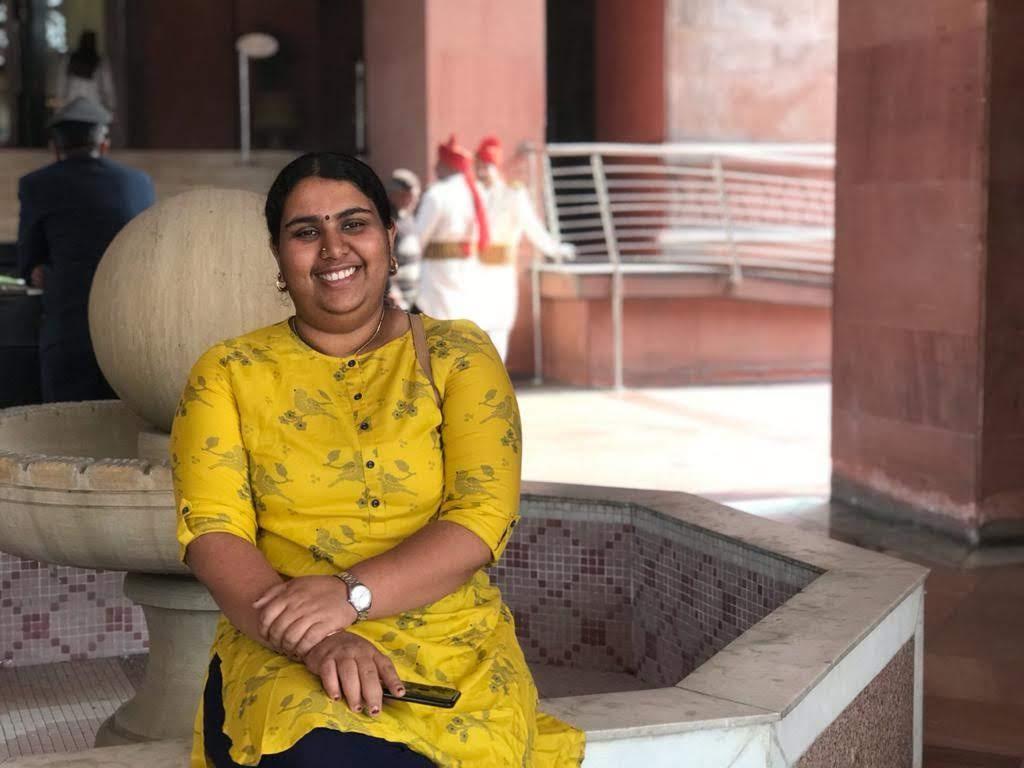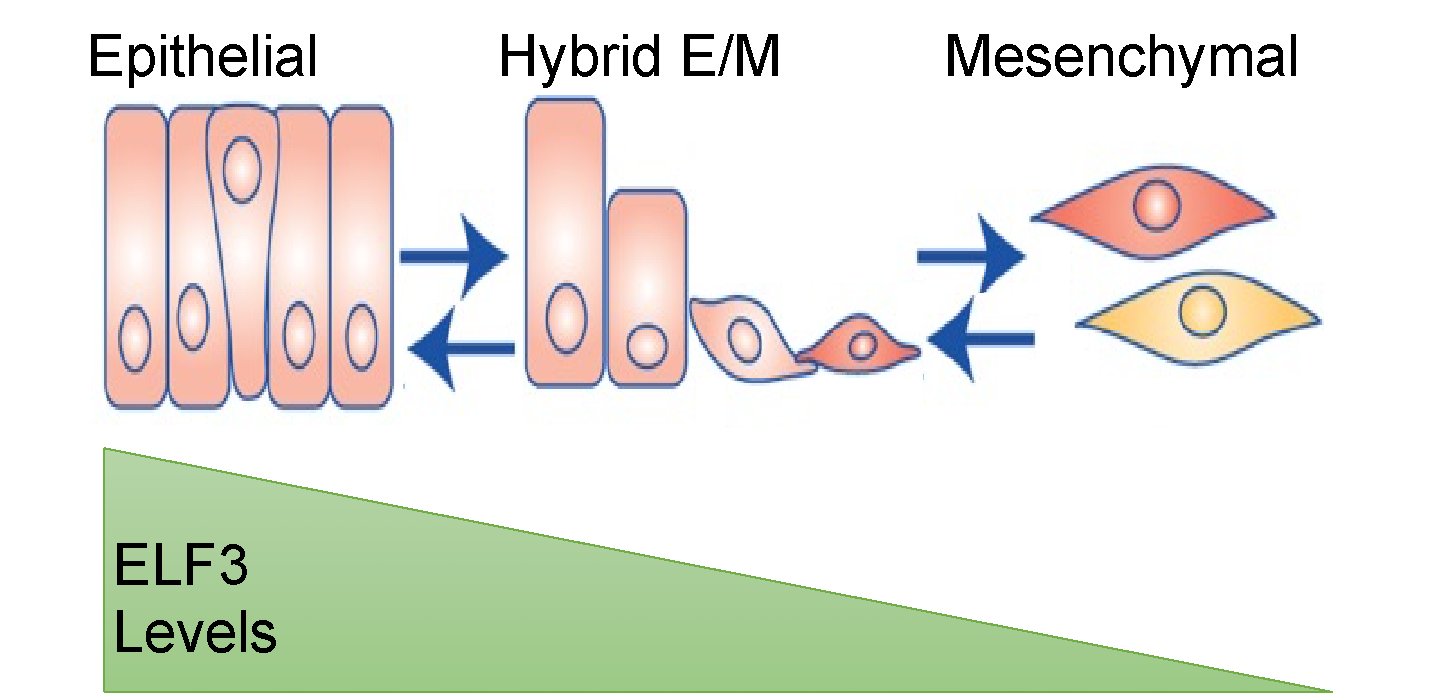About author
Subbalakshmi is a graduate student pursuing her PhD in Bioengineering at the Centre for BioSystems Science and Engineering, Indian Institute of Science, Bengaluru. She works with Dr. Mohit Kumar Jolly to understand the processes involved in cellular transitions during cancer progression. She is interested in understanding cellular plasticity and factors promoting cellular plasticity during cancer metastasis.


